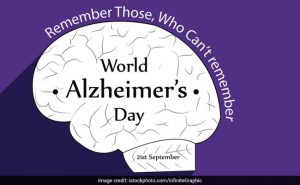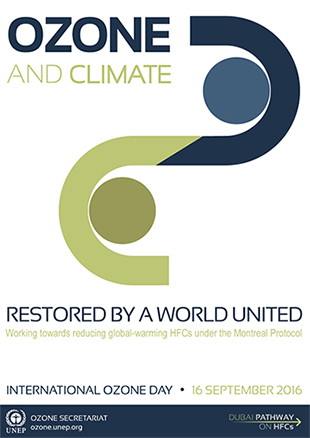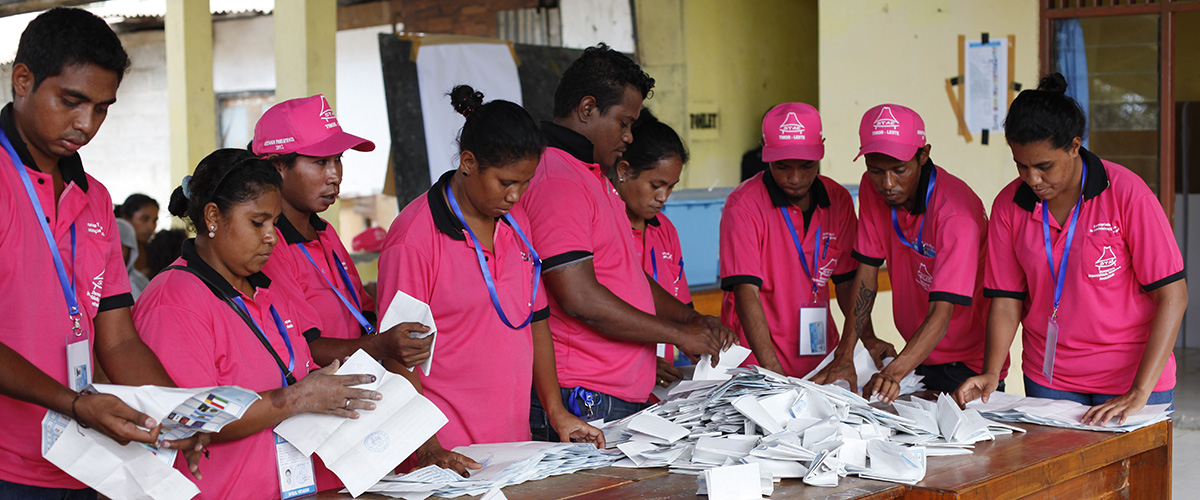A wealthy businessman, owner of a prosperous company, tells the story of how, one day, he decided to help one of his employees. The man had come to inform him that he had to leave the company. 
 When he was asked why he had taken this decision, the man explained that he had received from his doctor the verdict that… he had about six months to live. The businessman knew that this employee had wanted his eldest son to go to the university but, of course, now it would not be possible.
When he was asked why he had taken this decision, the man explained that he had received from his doctor the verdict that… he had about six months to live. The businessman knew that this employee had wanted his eldest son to go to the university but, of course, now it would not be possible.
The owner of the company decided to pay for the young man to go on with his studies to become an engineer. The rich man satisfied with his good deed soon forgot about it. Five years later, on a rainy evening, a young man was at the door asking to speak to the businessman. Such a night-time visit was very unusual but the man’s surprise was still greater when he discovered that the visitor was the young man whose studies he had paid for. The visitor said: “Sir, for four years I have benefited from your generosity. Today, I have managed to obtain an important contract I come to thank you.”
As he was about to leave, the rich man asked: “What about your cousin adopted by your late father. I paid for his studies as well. Has he finished his course?” The visitor bent the head and replied:  “He has left last year to… to… see the world. He did not do his last exams…” The businessman knew that there would be no ‘Thank you’ coming from that side…
“He has left last year to… to… see the world. He did not do his last exams…” The businessman knew that there would be no ‘Thank you’ coming from that side…
Yet, the experience he made was… more positive than that of Jesus! One out of two people came to thank him for his help. While Jesus had cured ten men (Lk.17:11-19) and only one returned to thank him for his healing.
‘THANK YOU’ – two small words that can make such a big difference! They make the helper feel that what he has done has been noticed and appreciated. And they make the one who received help to become a person who can recognised the goodness and generosity of a fellow human being. It may even enable him, or her, to become other-centered and selfless themselves!…

 If I mention the name ‘Habakkuk’ and if I add that he was a prophet, many people may not question my words but they will wonder about the identity of this man of God. He is the author of the text of our 1st reading on this Sunday (27th, Year C – Ha.1:2-3; 2,:2-4). On hearing his message, we might think we hear the words of Jeremiah. Like him, Habakkuk is somehow admonishing the Lord for the message given to him to speak to his people.
If I mention the name ‘Habakkuk’ and if I add that he was a prophet, many people may not question my words but they will wonder about the identity of this man of God. He is the author of the text of our 1st reading on this Sunday (27th, Year C – Ha.1:2-3; 2,:2-4). On hearing his message, we might think we hear the words of Jeremiah. Like him, Habakkuk is somehow admonishing the Lord for the message given to him to speak to his people. This day is celebrated worldwide on the initiative of the UN on the last Sunday of September, in honor of the establishment in 1951 of the International Federation of the deaf.
This day is celebrated worldwide on the initiative of the UN on the last Sunday of September, in honor of the establishment in 1951 of the International Federation of the deaf.

 Today may be such a moment. The gospel text of this Sunday (25th, Year C – Lk.16:1-13) gives us some food for thought when we hear Jesus say: “No servant can be the slave of two masters… you cannot be the slave both of God and of money.”
Today may be such a moment. The gospel text of this Sunday (25th, Year C – Lk.16:1-13) gives us some food for thought when we hear Jesus say: “No servant can be the slave of two masters… you cannot be the slave both of God and of money.”
 together, we can build a safer, healthier, more prosperous and resilient world for all people while protecting our planet, our only home. » Secretary-General’s Message on the International Day for the Preservation of the Ozone Layer
together, we can build a safer, healthier, more prosperous and resilient world for all people while protecting our planet, our only home. » Secretary-General’s Message on the International Day for the Preservation of the Ozone Layer essential job. On this International Day of Democracy, let us rededicate ourselves to democracy and dignity for all. » — UN Secretary-General, Ban Ki-moon
essential job. On this International Day of Democracy, let us rededicate ourselves to democracy and dignity for all. » — UN Secretary-General, Ban Ki-moon
